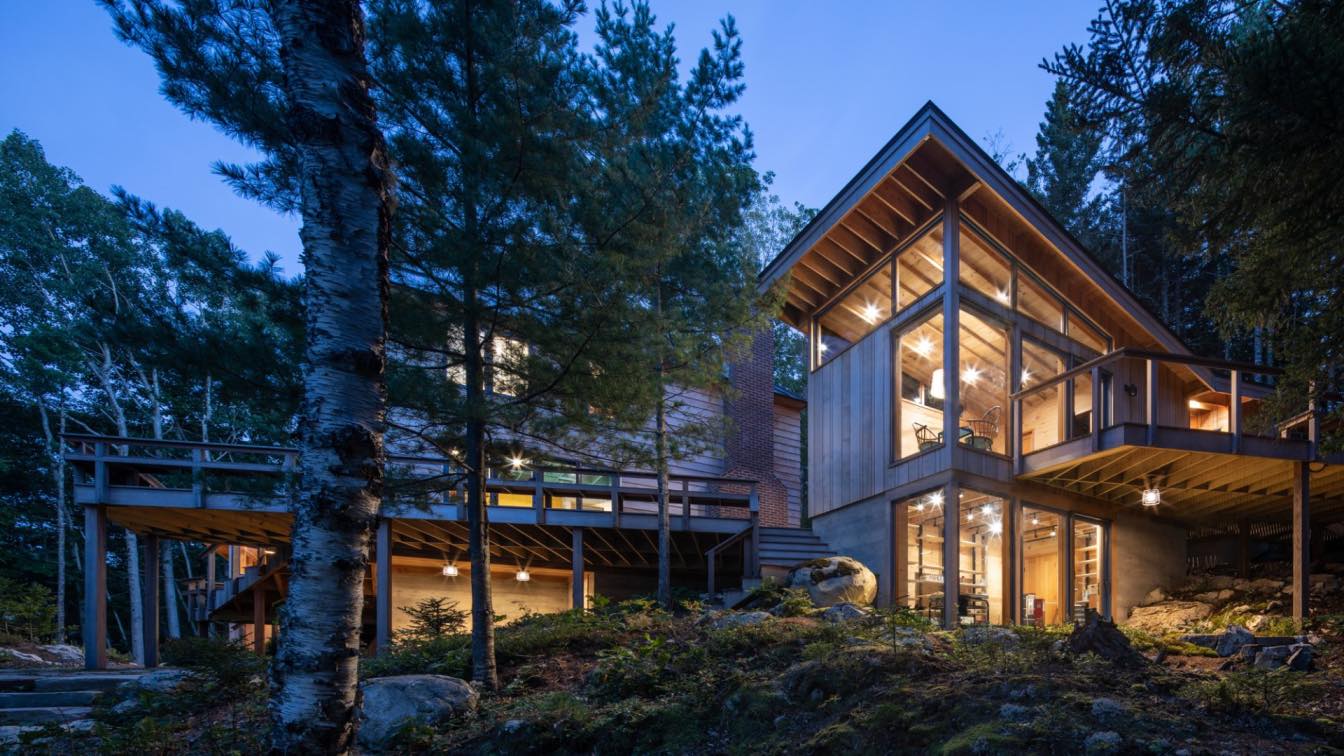Maine, renowned for its stunning landscapes and rugged coastline, also boasts a rich architectural heritage. The state’s architects play a crucial role in preserving this legacy while pushing the boundaries of modern design. Maine architects are known for their innovative use of materials, commitment to sustainability, and deep respect for the state’s natural beauty. This article delves into the unique characteristics and contributions of Maine architects community, highlighting their influence on both local and broader scales.
The Legacy of Maine Architecture
Maine’s architectural history is a tapestry woven from various influences, from the colonial structures of the 17th century to the grand Victorian homes of the 19th century. The state’s architectural landscape reflects its history, culture, and the unique environmental conditions of the region. Architects in Maine have traditionally focused on creating structures that harmonize with the natural surroundings, using locally sourced materials and drawing inspiration from the state’s diverse ecosystems.
Colonial and Federal Styles
The earliest buildings in Maine were simple, functional structures built by European settlers. These colonial homes, with their steep gable roofs and central chimneys, were designed to withstand harsh winters. As the state developed, Federal-style architecture became prominent, characterized by symmetrical facades, brick exteriors, and elegant details. Many of these historic buildings have been meticulously preserved, offering a glimpse into Maine’s architectural past.
Victorian Grandeur
The Victorian era brought a wave of opulence and experimentation to Maine architecture. Mansions with intricate woodwork, elaborate turrets, and expansive porches became symbols of prosperity. Cities like Portland and Bangor are home to numerous Victorian gems, showcasing the creativity and craftsmanship of the period.
Modern Maine Architecture: Innovation and Sustainability
Today’s Maine architects continue to honor the state’s architectural heritage while embracing modern design principles. Their work is characterized by a blend of innovation, sustainability, and a deep connection to the natural environment.
Embracing Sustainability
Sustainability is a cornerstone of contemporary Maine architecture. Architects are increasingly focused on designing energy-efficient buildings that minimize environmental impact. This includes using renewable energy sources, incorporating green roofs, and selecting sustainable building materials. Maine’s architects are at the forefront of the green building movement, creating structures that are both beautiful and environmentally responsible.
Innovative Use of Materials
Maine architects are known for their creative use of materials. Local timber, stone, and reclaimed materials are often featured prominently in their designs, lending a sense of place and authenticity to their projects. This not only supports local economies but also reduces the carbon footprint associated with transporting materials from distant locations.
Blending with the Natural Environment
One of the defining features of Maine architecture is its seamless integration with the natural landscape. Whether it’s a coastal cottage or a mountain retreat, Maine architects design buildings that complement their surroundings. Large windows, open floor plans, and natural finishes help to create a harmonious connection between indoor and outdoor spaces.
Prominent Maine Architects
Several architects have made significant contributions to Maine’s built environment. Their work not only shapes the local landscape but also influences architectural trends nationwide.
John Calvin Stevens
John Calvin Stevens is perhaps the most famous architect associated with Maine. Active in the late 19th and early 20th centuries, Stevens is credited with popularizing the Shingle Style, characterized by its use of natural materials and integration with the landscape. His residential designs, particularly in Portland and Cape Elizabeth, remain highly regarded and have inspired countless architects.
Carol A. Wilson
Carol A. Wilson is a contemporary architect known for her innovative and sustainable designs. Based in Falmouth, Wilson’s work emphasizes simplicity, functionality, and a deep connection to the environment. Her projects have received numerous awards and have been featured in leading architectural publications.
